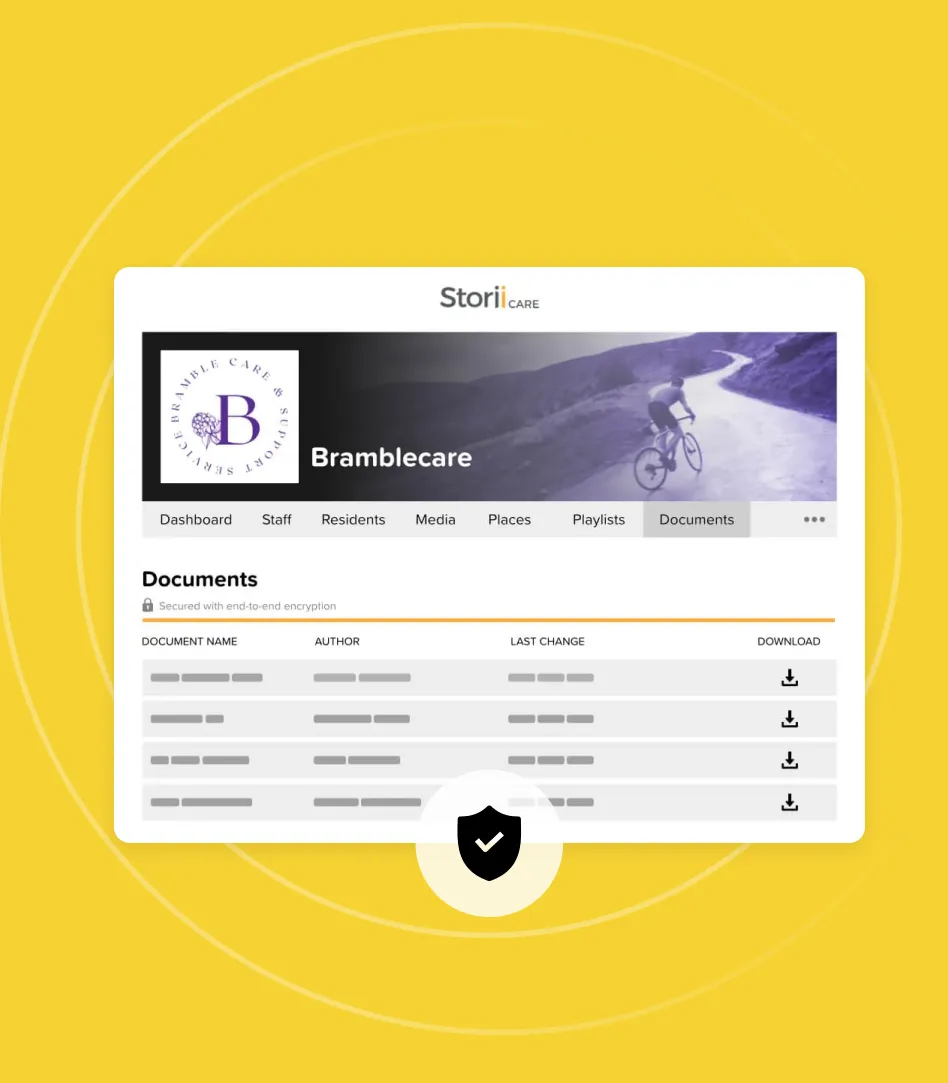The unconditional love and support that pets provide can be a great help to people with dementia. Sean Whiting, Director of country outfitters and pet supply store Houghton Country, explains how.
Therapeutic Benefits of Animals for People Living With Dementia
Domestic animals like dogs and cats, as well as birds, rabbits, guinea pigs, and even lizards, provide routine and a sense of responsibility to a household affected by dementia, as well as a bit of company. So, it's no surprise that animals can be used as therapy for a lot of the most common symptoms, including depression, confusion, and loneliness.
Below are just some of the ways that household animals canhelp a person with dementia, as well as some suggestions for how your relativescan interact with animals without committing to anything long-term.
Friendship and companionship
Dementia can be very lonely, especially if social interaction with family, friends, or other humans often leaves you distressed or confused. Pets are incredibly affectionate, and most aren't very demanding, so they can be great companions for anyone who is lonely, elderly, or living with dementia.
The simplest thing, like a scratch behind the ear or a tasty treat, can make them happy and this, in turn, makes their caregiver feel good. They respond to non-verbal communication, like physical contact, shouts, and whistles, which is especially useful for people who struggle to articulate like they used to. So, you don't need to use words to form quality and long-lasting relationship with a pet.
Routine and responsibility
Most animals are more easy-going than humans, but they dohave needs that require tending to which gives the caregiver someresponsibility. Food and exercise are their most basic requirements, but theseare easily managed.
Having something you need to do when you wake up, like feedyour pet, can be an enormous comfort and give you a sense of purpose. Takingthem out for a walk also helps you get some gentle exercise, which comes withits own health and wellbeing benefits.
Protection and assistance
Aside from emotional therapy, some pets also have practical uses that make them beneficial for people with dementia —, especially dogs.
Some dogs can act as guards and alert their caregivers tovisitors or intruders that they might not notice if they are hard of hearing. Otherdogs can simply fetch items from around the house, which is helpful if theircaregivers suffer from mobility issues.
Ways people with dementia can interact with animals
Dementia affects everyone in different ways, and some symptomscan make it hard to care for a pet properly. If you suspect that a person with dementia wouldn't be able to feed, exercise, orkeep a pet safe there are a few alternative ways for them to interact withanimals without having to provide full-time care.
If you already visit them daily, you could make sure you feed and care for their pet(s) while you're there, but this is a lot of responsibility for you to take on. If you have a pet of your own or know someone who does, let a person with dementia borrow it for the day instead. That way they can spend some quality time with an animal, but they don't have to worry about looking after it.
Most animal shelters will let you volunteer to exercise their dogs. Alternatively, there are plenty of websites that people use to look for dog-sitters, and many of them will also let you borrow dogs to take on walks. If a person with dementia will be out walking someone's pet, supervise them and suggest that the dog has reflective wear or flashing clip-on beacons on a secure lead. This will make it easier to keep track of, even with poor eyesight.
Don't forget dog and cat cafes, too! They can be a great place for people with dementia to grab a cup of tea and some cake, as well as spend some time with animals. This is a good option if they have mobility issues or don't fancy going for a walk, but it still gets them out of the house.
Conclusion
These are just some of the ways that animals can help people with dementia. If you don't think a pet of their own wouldn't be suitable, there are other options to consider that can allow them to benefit from the healing power of pets without the responsibility of care.





.png)
.png)










